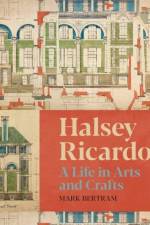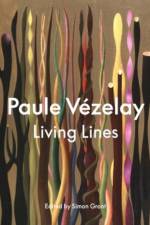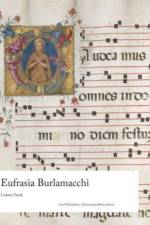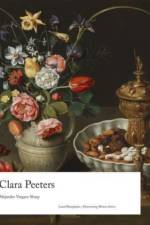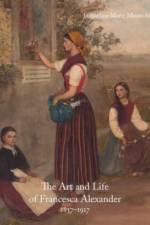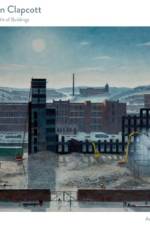av Edward Dimendberg
551
The Lovell House, by Richard Neutra, was a 'demonstration house': widely documented and published about in its time, these publications made it an essential work of the modern movement to the world, from Berlin to Tokyo and Paris to Milan, at the high point of its influence and fame, 1927-37. This book is about the making and dissemination of a house that was a founding document in the history of modernism. It helped to launch the international career of one of the central figures of twentieth century architecture, pioneered the use of concrete and steel in the dwelling, radically advanced the ideals of hygienic, carefree, and open-air living, and explored new relationships between space, structure, the natural world, and physical and psychological well-being. The book is framed with an introduction by Edward Dimenberg and includes texts by Crosby Doe, Thomas Hines, Willard Morgan, Richard Neutra and Nicholas Olsberg. At the heart of the book are six narrated portfolios of visual and textual documentation on the background, design, making, circulation, reception and resonance of this seminal house, for which the published imagery in its first ten years - based on a unique corpus of photography by Willard Morgan documenting every stage of construction and completion - was exceptionally rich, refined, varied, widespread, and influential.


